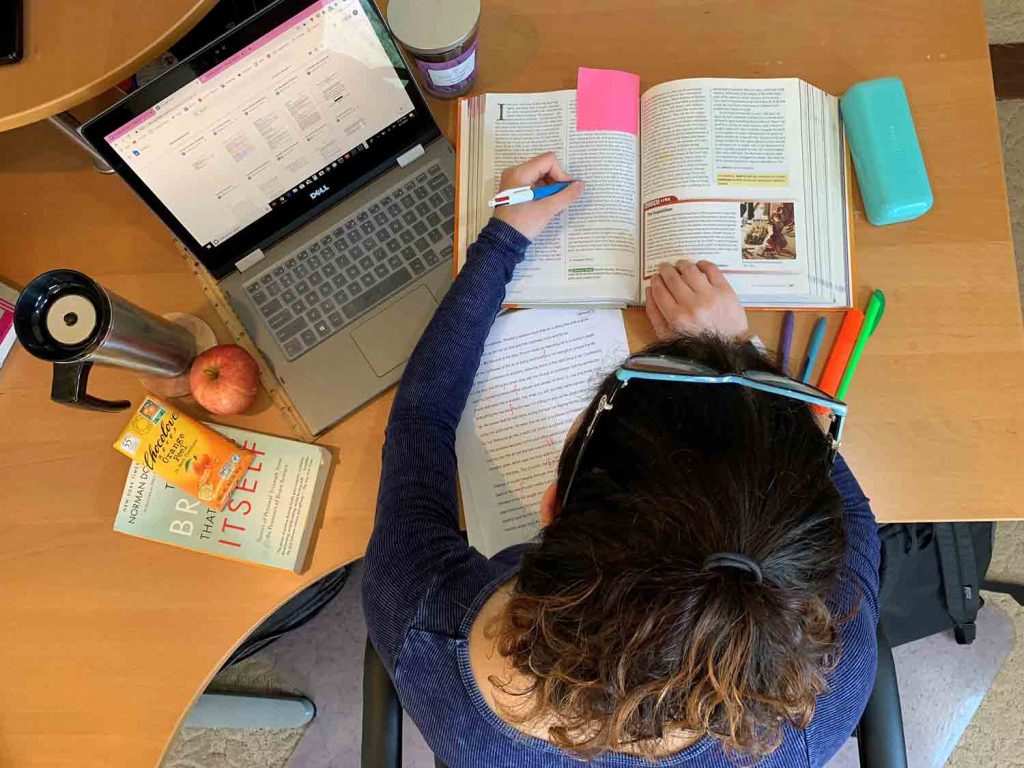Embarking on a career in real estate? You’re likely pondering the best path to take for your education.
Should you enroll in a real estate school or opt for self-study? It’s a common dilemma faced by many aspiring real estate professionals.
In this article, we’ll delve into the pros and cons of both options. We’ll explore what real estate schools like LEAP Education offer, and the flexibility of self-study.
We’ll also touch on the role of realtor classes and broker schools in your professional journey.
Whether you’re searching for “my real estate school” or “real estate school near me”, this guide will help you make an informed decision.
So, let’s dive in and compare real estate school vs self-study. Your future in the real estate industry starts here.
Understanding Real Estate Education
Real estate education is a crucial stepping stone for anyone looking to enter the industry. It equips you with the knowledge and skills needed to navigate the complex world of property transactions.
Real estate education can take many forms. It could be a structured program at a real estate school, or a self-study route using online resources and books.
Regardless of the path you choose, the goal is the same. You need to prepare for the state licensing exam and gain a solid understanding of the real estate market.
Remember, the choice between real estate school and self-study should align with your learning style, career goals, and personal circumstances.
The Case for Real Estate School
Real estate schools, like LEAP Education, offer a structured curriculum taught by licensed instructors. This structure can be beneficial for those who prefer a guided learning experience.
The curriculum is designed to cover all the necessary topics for the state licensing exam. It also includes real-life scenarios and case studies to provide practical insights.
Here are some benefits of attending a real estate school:
- Structured learning and preparation for state licensing exams
- Networking opportunities with peers and industry professionals
- Hands-on learning through case studies and real-life scenarios
Structured Learning and State Licensing
Real estate schools provide a clear roadmap to follow. This can be especially helpful when preparing for state licensing exams.
The curriculum is designed to cover all the necessary topics. This ensures you’re well-prepared for the exam and your future career.
Moreover, the structured environment can help keep you motivated and on track.
Networking and Hands-On Experience
Real estate schools also offer networking opportunities. You can connect with peers, instructors, and industry professionals.
These connections can be invaluable as you start your career. They can lead to job opportunities and provide ongoing professional support.
Additionally, the hands-on learning experience can give you a practical understanding of the industry.
Local Market Insights and Personalized Learning
Attending a local real estate school can provide insights into the local market. This can be beneficial when starting your career in a specific area.
Schools like LEAP Licensing Education Academy offer personalized learning experiences. This can help cater to your individual learning style and career goals.
Moreover, the interactive learning environment can enhance your understanding of complex real estate concepts.
The Flexibility of Self-Study
Self-study is another viable option for real estate education. It offers flexibility and can be more cost-effective than attending a real estate school.
With self-study, you can learn at your own pace. This can be beneficial if you have other commitments or prefer a more relaxed learning schedule.
Here are some benefits of self-study:
- Flexibility to learn at your own pace
- Cost-effectiveness
- The ability to focus on areas you find challenging
Cost-Effectiveness and Convenience
Self-study can be a more affordable option. You can save on tuition fees and other costs associated with attending a school.
It also offers convenience. You can study from anywhere, at any time that suits you.
This can be particularly beneficial if you’re juggling other commitments, like a job or family responsibilities.
Challenges and Self-Discipline
However, self-study also comes with its challenges. One of the main ones is the lack of structure.
Without a set curriculum or schedule, it can be easy to procrastinate or overlook important topics.
Therefore, self-discipline is crucial for success in a self-study program. You need to be motivated and committed to your learning.
Comparing Outcomes: Exam Success and Career Progression
When comparing real estate school and self-study, it’s important to consider the outcomes. One key measure is success in state licensing exams.
Real estate schools often boast higher pass rates. This is likely due to their structured curriculum and exam preparation.
On the other hand, self-study requires a more proactive approach. You’ll need to source your own study materials and practice exams.
In terms of career progression, both paths can lead to success. It largely depends on your personal motivation, commitment, and the effort you put into networking and continuing education.
Real Estate Education in Orlando: A Case Study
Orlando is a prime example of a booming real estate market. As such, Orlando Real Estate Education has become a popular choice for aspiring realtors.

These schools offer tailored programs that cater to the unique dynamics of the local market. This gives students a competitive edge when they start their careers.
Whether you choose a school or self-study, understanding your local market is crucial. It’s a key factor in your success as a realtor.
Making the Right Choice for Your Career
Choosing between real estate school and self-study is a personal decision. It depends on your learning style, career goals, and resources.
Real estate school might be the right choice if you value structure, networking, and hands-on learning. It’s also a good option if you’re aiming for a fast-paced career progression.
On the other hand, self-study could be a better fit if you prefer flexibility and cost-effectiveness. It’s ideal for those who can maintain self-discipline and manage their study schedule effectively.
In the end, the best choice is the one that aligns with your personal and professional needs. It’s about setting yourself up for success in the real estate industry.





